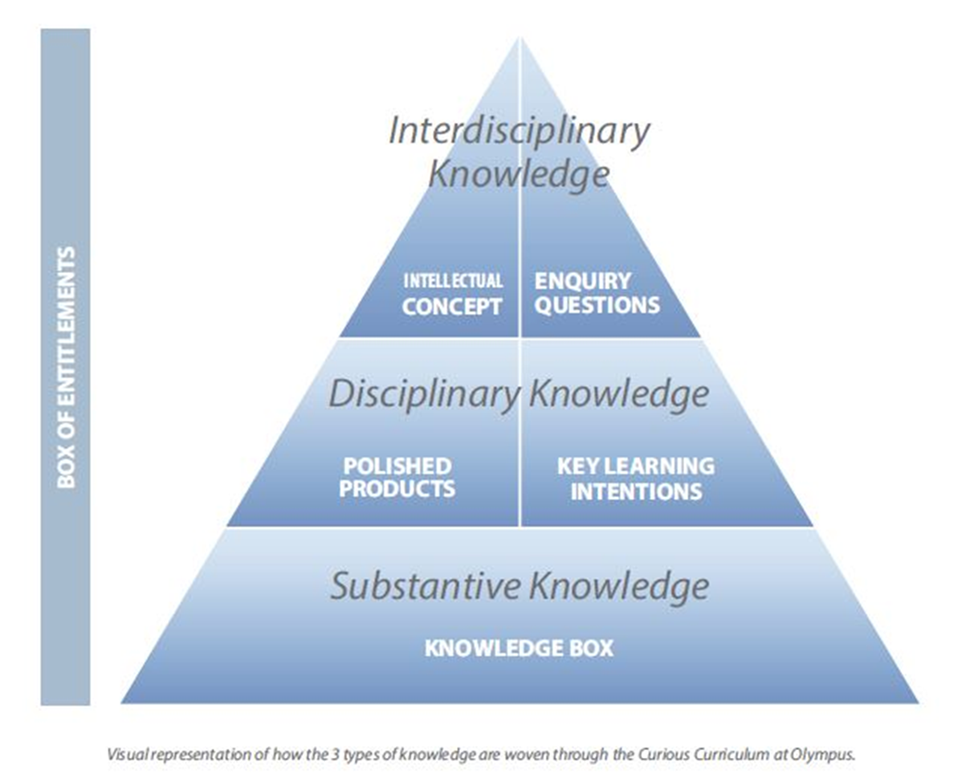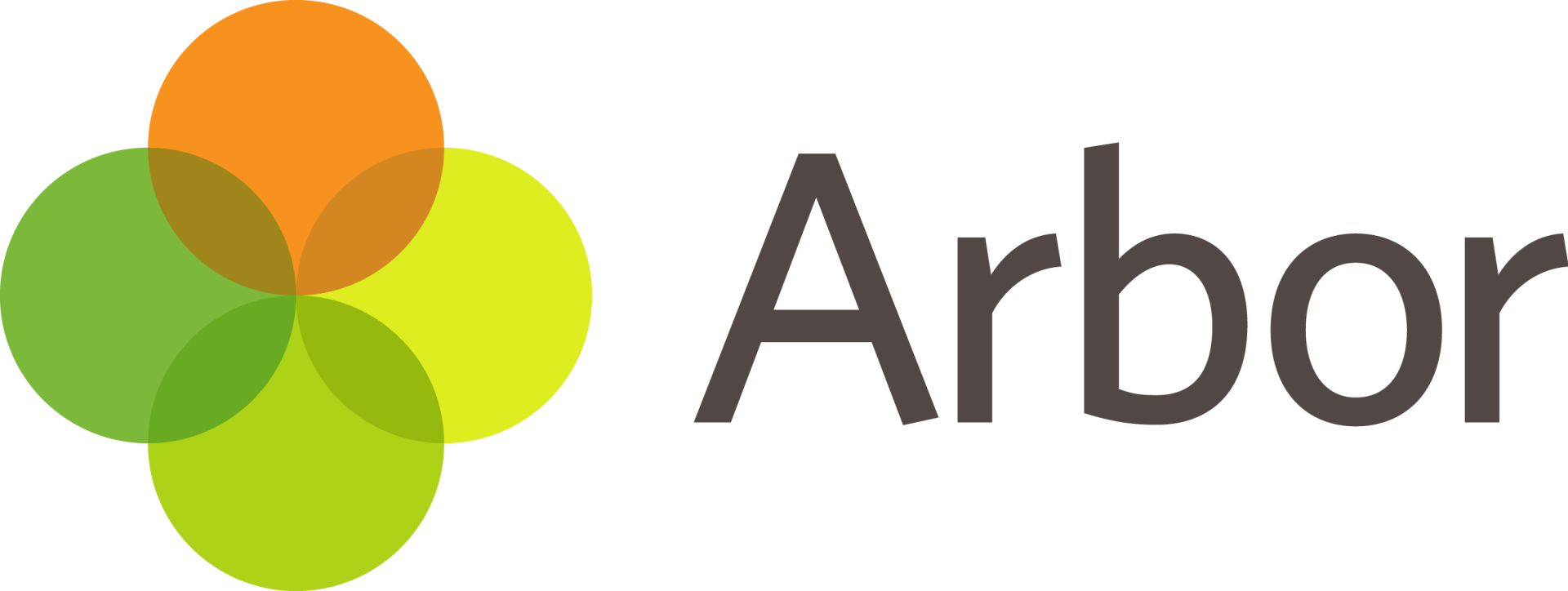The Curious Curriculum
Learning at Charborough Road
As a school in The Olympus Academy Trust, you can be assured that our wider curious curriculum model covers all aspects of a broad and balanced curriculum that will develop well-rounded learners. It concentrates on the axis where the curriculum and pedagogy meet, making an exciting and innovative way to look at not only what we teach but also how we teach our primary curriculum. The Trust believes that these 6 elements are at the heart of an excellent primary experience. Teachers will be expected to understand, develop and deliver on each of these 6 areas;
- Learning environment
- The English and Maths learning sequence
- Metacognition and self-regulation
- Our curious curriculum
- Our emotionally literate curriculum
- High aspirations and the importance of feedback and assessment
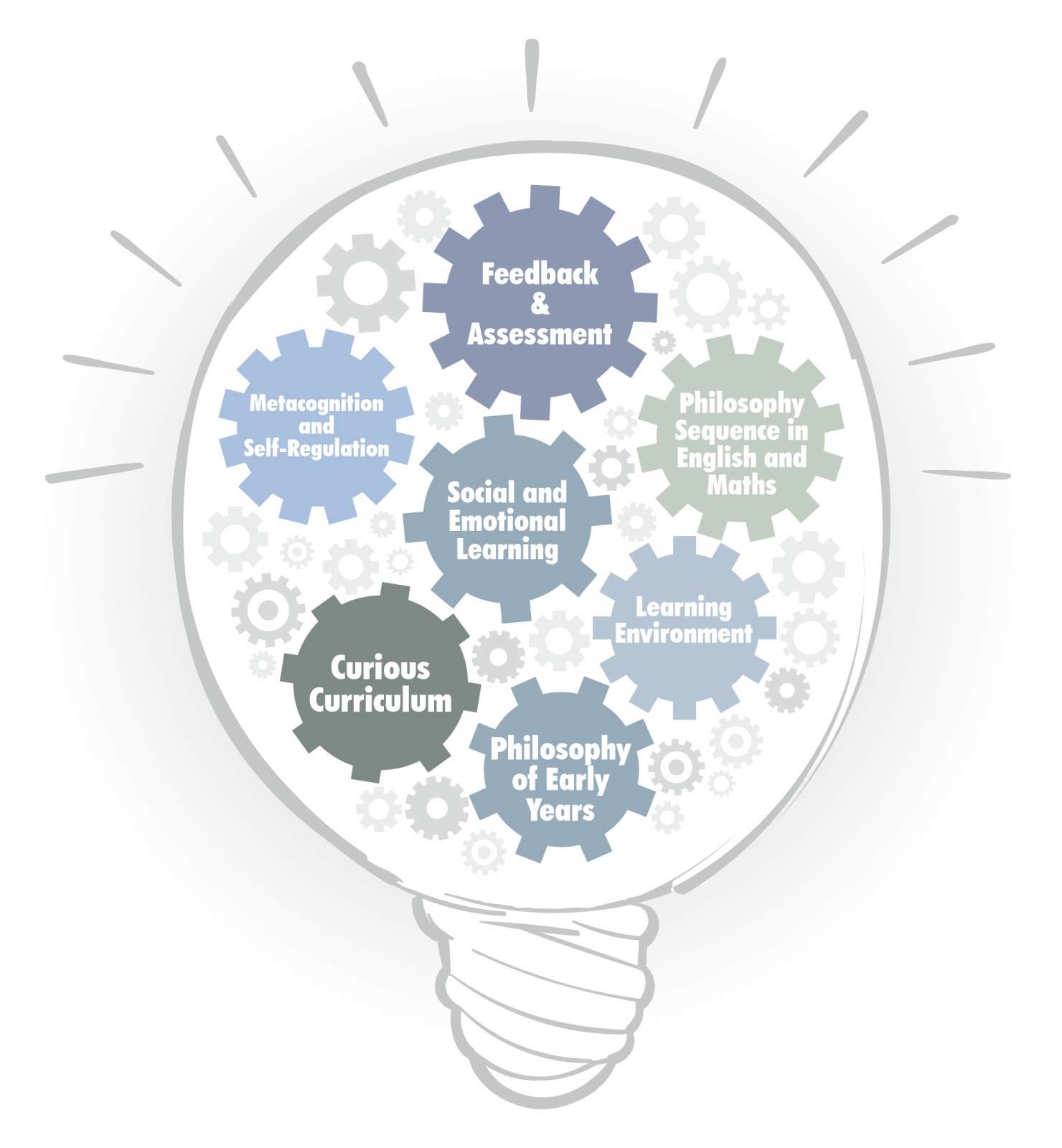
-
"The curriculum can look good on paper, but it is when it meets the learner that matters most. It is the skill of the teacher in bringing it alive that determines whether the learner makes progress or not. This is why the link between curriculum and pedagogy needs to be strong at every point in the chain from planning to assessment"
Professor Mick Waters
Our aims
- We will set high expectations and provide opportunities for all learners to achieve, responding to any learning needs.
- We will offer learning experiences and environments that inspire learners to question the world around them, develop their ideas and grow as lifelong learners.
- We commit to providing consistently high quality education based on current academic research and pedagogical principles.
- Through a holistic approach we will ensure the development of our learners’ physical, social and emotional well-being. This will support their resilience and future life chances.
Pedagogical Principles
- We will develop local/ national and global knowledge and understanding by providing enriching experiences, developing global citizenship, celebrating diversity and creating cultural capital.
- We will be proactive in removing barriers to learning through; early identification, effective intervention improvement through partnership and raising aspirations.
- We will provide a rich multi-sensory environment: that promotes, celebrates and provokes learning and reflects the importance of aesthetics and beauty.
Our Curious Curriculum
-
The curriculum is exciting and special themes such as ‘The World Cup’ and ‘Fit for life’ weeks engage the pupils.
Ofsted
The Olympus Academy Trust Curious Curriculum was designed in conjunction with representatives from all of the Schools in the Academy Trust. The group was facilitated by Professor Mick Waters and was part of a two-year project with particular emphasis on the importance of consistency in the journey for learners between years 5-8.
Olympus believes that a learner’s experience in school should ensure not only the knowledge needed to access academic success, but also the careful development and progression of skills in discrete subject areas. The Olympus Curious Curriculum embeds a concept driven approach that incorporates both knowledge and skills in an enquiry-led thematic curriculum that is embedded in application and context. A great curriculum will be rooted in its own locality and context and will meet the needs of its own learners, whilst exposing them to the national and global requirements and expectations.
Our curious curriculum has been carefully designed to engage learners as active participants in their learning journey. We believe that learners are at their most successful when their imagination is stimulated, their curiosity is heightened and their learning makes links to their lives and the wider world. Our curious curriculum is a framework that develops creativity, critical thinking and discovery whilst ensuring a clear focus on the intellectual concept that is being taught and the knowledge needed to understand said concept. In teaching our curious curriculum, teachers will need to draw upon a wide repertoire of teaching styles. It will be essential that teachers understand the best way for learners to acquire certain aspects of the curriculum.
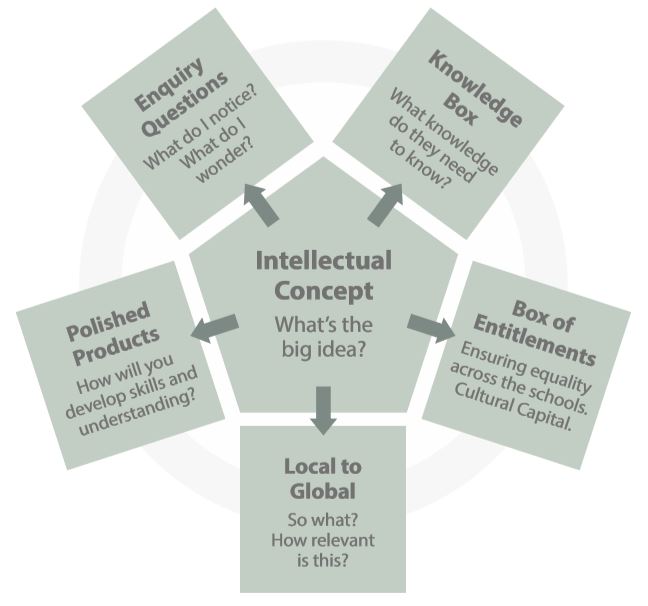
An Olympus Theme consists of:
An Intellectual Concept:
What do you want the learner to understand by the end of this theme? What wider concept or big idea do you hope that they will have understood, using the knowledge and skills taught over this period? The intellectual concept will be an understanding of an idea that has created change or continuity, has resulted in a consequence or significance, and is set in context and chronology. The concept cannot be understood without an essential grounding and understanding of specific knowledge, particular vocabulary and a foundation of understanding regarding context and relevance.
Through the eyes of the child.
‘Let me tell you about the big idea…This is all about…’
Knowledge Box:
What knowledge do the learners need to know in order to understand the intellectual concept? What parts of the National Curriculum will you cover in this theme? These are essential pieces of information that a learner must know in order to research a ‘Bigger idea’ or understand the Intellectual Concept in question. These are not just a list of facts that are ‘known’ but not ‘understood’.
Through the eyes of the child.
‘Let me tell you all the things I know that help me understand the big idea…’
Box of Entitlements:
How will you ensure that your learners receive a broad and diverse range of stimuli and experience throughout this theme? How will the sustainable development goals be woven through your planning?
Novel – Linked to English
Connected Biography
English and Maths Integration
Study of an Artist or Artistic Movement
Visit out / Visitor in
Design and make an object
Debate Question
World of work
Outdoors environment
Environment / Book corner / Display
Provocation
Through the eyes of the child. ‘We have done lots of different things to understand this the big idea in this theme. All the experiences have taught me facts and made me wonder and made me realise…’
Enquiry Questions:
An enquiry question is one that will encourage the learner to wonder and notice. It will capture the interest and imagination of your learners and will be open to research. A good enquiry question may have multiple possible answers, but will have a clear focus. The question should be reasonable and there should be some credible research available to answer it. The questions will lead to further questions and will develop and explore the thinking, concepts and knowledge.
Through the eyes of a child.
‘The question I am trying to answer is complicated. All the things I know are making me realise that this is making me wonder…a lot.’
Polished Products:
What skills will the teacher do to support the learner to develop over this theme, in order that they may produce an extended detailed product to exhibit at the end of Term Exhibition/ Emporium/ Museum?
Through the eyes of the child.
‘I have realised the importance of being organised and practising skills so that the things I have produced are the best they can and people want to look at them, read them…and be amazed at how well I have done to make my learning really interesting to others.’
Knowledge
At Olympus we believe in the importance of the development of substantive, disciplinary and interdisciplinary knowledge. We have designed our curriculum to incorporate all 3 types of knowledge;
Substantive Knowledge – this is the knowledge produced by the academic subject. In science, this involves concepts which form the underpinning structure of the subject, e.g. respiration, evolution and the idea of a force.
Disciplinary knowledge – this is the knowledge needed to collect, understand and evaluate scientific evidence for example the concept of being a scientist. It’s the scientific method, i.e. changing one variable whilst keeping everything else the same – and seeing what happens.
Interdisciplinary knowledge – this draws knowledge combining two or more academic disciplines into one activity (e.g., a research project). It is about creating something by thinking across boundaries.
